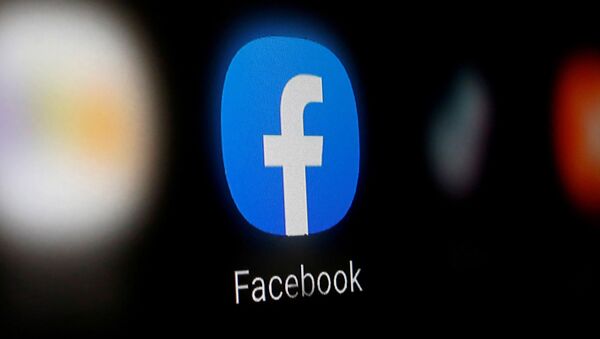“We won’t accept new political ads in the week before the election," Zuckerberg said.
The release detailed a number of additional steps that Zuckerberg said were intended “to help secure the integrity of the US elections by encouraging voting, connecting people to authoritative information, and reducing the risks of post-election confusion.”
Other measures include removal of posts claiming people will get COVID-19 if they take part in voting. The platform will also add links with “authoritative information” about COVID-19 to other posts that could be interpreted as discouraging voting due to the pandemic, the release said.
In addition, Facebook will an informational label to content that seeks to delegitimize the outcome of the election or discuss the legitimacy of voting methods, for example, by claiming that lawful methods of voting will lead to fraud, the release said.
The measures reflect an attempt to avoid a repeat of Facebook’s role in the 2016 US election as a platform for nefarious users to amplify false or misleading information about candidates.
One of the most prominent examples in 2016 involved the spread on social media of a bogus claim that the pope had endorsed then-candidate President Donald Trump over Democratic opponent Hillary Clinton.



